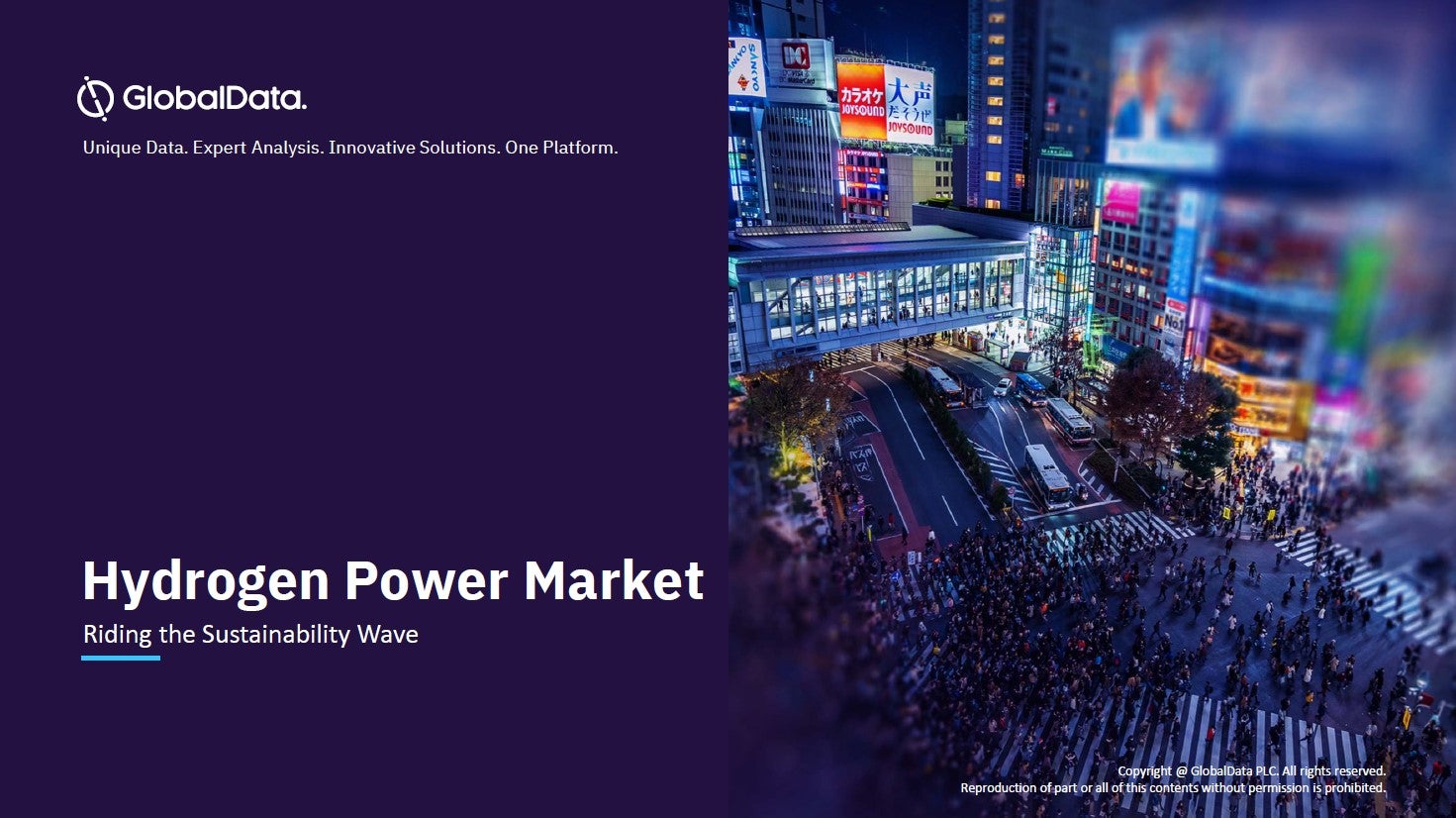

Toshiba’s autonomous hydrogen energy system H2One has become operational in Japan.
Located in Musashi-Mizonokuchi Station on the JR Nambu Line in Kawasaki City, the system acts as a business continuity plan (BCP) designed to work during usual operation and in the event of power outages.
How well do you really know your competitors?
Access the most comprehensive Company Profiles on the market, powered by GlobalData. Save hours of research. Gain competitive edge.

Thank you!
Your download email will arrive shortly
Not ready to buy yet? Download a free sample
We are confident about the unique quality of our Company Profiles. However, we want you to make the most beneficial decision for your business, so we offer a free sample that you can download by submitting the below form
By GlobalDataDuring emergencies, the H2One system will provide uninterrupted, off-grid energy supply to the station lobby and its toilet faclities. At other times, the system will also act as a hydrogen producer and electricity generator, reducing consumption of mains electricity.
During the winter season, the system produces hot water, which will be pumped through benches at the station to warm them.
Toshiba’s H2EMS management system assists in the optimal control of overall operation, including hydrogen production, power generation, and storage.
Toshiba's energy systems and solutions team project manager Hiroyuki Ota said: “I am delighted that we have installed an H2One at a train station for the first time. I am sure use of the BCP H2One will save energy and raise environmental awareness among passengers using the station.
“Our goal is to help realise a low carbon economy where CO²-free electricity from hydrogen is widely used.”
This development follows Toshiba delivering an H2One BCP model to the Kawasaki Marien public facility and Higashi-Ogishima-Naka Park in the Kawasaki Port area, as well as to an artificial island and pier in the Port of Yokohama.
Tokyo-headquartered Toshiba Corporation provides technologies to sectors such as energy, infrastructure, and storage.
Image: Toshiba's autonomous off-grid hydrogen energy system at JR Station in Japan. Photo: courtesy of Business Wire




